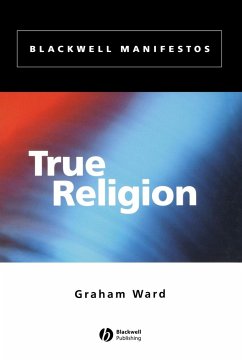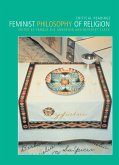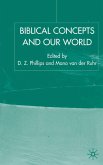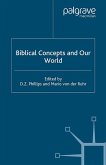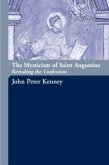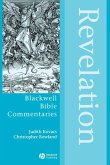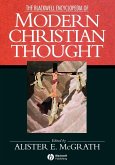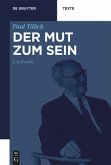Through reference to plays, poetry, novels, films and painting, this manifesto traces the genealogy of 'true religion in the western world and makes six controversial claims about the past, present and future of religion.
Traces a transformation in the way religion is understood and performed in the western world.
Makes several major claims about the past, present and future of true religion.
Uses cultural metaphors as ways into understanding religion.
Refers to plays, poetry, novels, paintings and films, including Romeo and Juliet, Moby Dick, The Exorcist and Stigmata.
Suggests that the end of wars between nations could result in a return of wars of faith.
Part of the prestigious Blackwell Manifestos series.
Hinweis: Dieser Artikel kann nur an eine deutsche Lieferadresse ausgeliefert werden.
Traces a transformation in the way religion is understood and performed in the western world.
Makes several major claims about the past, present and future of true religion.
Uses cultural metaphors as ways into understanding religion.
Refers to plays, poetry, novels, paintings and films, including Romeo and Juliet, Moby Dick, The Exorcist and Stigmata.
Suggests that the end of wars between nations could result in a return of wars of faith.
Part of the prestigious Blackwell Manifestos series.
Hinweis: Dieser Artikel kann nur an eine deutsche Lieferadresse ausgeliefert werden.
"True Religion is a magical book that forces us to see the world in which we now live. Ward combines extraordinary erudition and an equally extraordinary imagination that results in a book of rare intelligence and beauty. His fresh readings of familiar texts makes the book exciting and profound. Hopefully the book will attract the interest of non-theologians as well as theologians" Stanley Hauerwas
"Graham Ward is Professor of Contextual Theology and Ethics at Manhester University, and in this short but stimulating book he provides abundant evidence that he lives up to his title." Church Times
"Ward is an imaginative theologian whom I suspect of having an essentially literary sensibility. But in True Religion he deploys that sensibility in brilliant analyses of novels, plays, poems, buildings and films for a stated project in cultural history...It is the changing social construction of "true religion" over five centuries of "Western" history." Times Literary Supplement
"The Blackwell Manifesto series is designed to "engage and challenge" readers, and Ward, the eminent Manchester University theologian, does precisely that. In graceful prose, he charts the changing views of "True Religion" from Shakespeare to the present in a study that combines piercing insights with evocative analyses of Romeo and Juliet , Robinson Crusoe , and Moby Dick , as well as various films." Choice
" True Religion is playful, erudite and wise. Its prose is spare, its meanings extravagant and more thrilling than a pendulum boat ride. It is the best attempt I ve read to show that postmodern theology is not an oxymoron." Theology
"Graham Ward is Professor of Contextual Theology and Ethics at Manhester University, and in this short but stimulating book he provides abundant evidence that he lives up to his title." Church Times
"Ward is an imaginative theologian whom I suspect of having an essentially literary sensibility. But in True Religion he deploys that sensibility in brilliant analyses of novels, plays, poems, buildings and films for a stated project in cultural history...It is the changing social construction of "true religion" over five centuries of "Western" history." Times Literary Supplement
"The Blackwell Manifesto series is designed to "engage and challenge" readers, and Ward, the eminent Manchester University theologian, does precisely that. In graceful prose, he charts the changing views of "True Religion" from Shakespeare to the present in a study that combines piercing insights with evocative analyses of Romeo and Juliet , Robinson Crusoe , and Moby Dick , as well as various films." Choice
" True Religion is playful, erudite and wise. Its prose is spare, its meanings extravagant and more thrilling than a pendulum boat ride. It is the best attempt I ve read to show that postmodern theology is not an oxymoron." Theology

